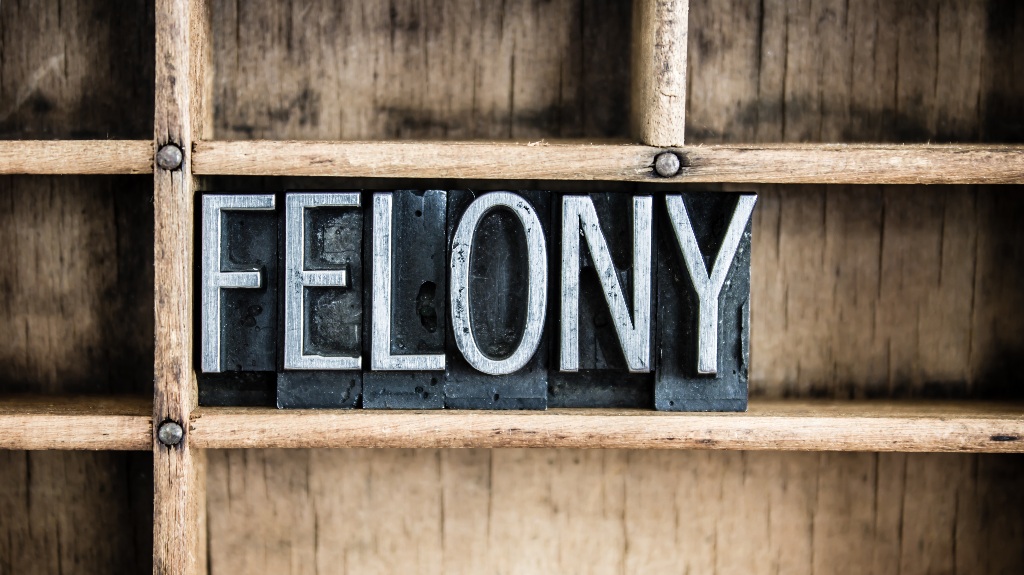Restoration of Rights After a Felony Conviction in Kentucky

A felony conviction in Kentucky leaves a lasting mark. Beyond the sentence itself, it brings a host of collateral consequences that can affect daily life long after someone has served their time. The loss of civil rights, such as voting, serving on a jury, or holding public office, can feel like a permanent penalty. But Kentucky law does provide paths for restoring certain rights. Understanding these options is the first step toward moving forward.
Civil Rights Lost After a Felony Conviction
Felony convictions in Kentucky affect the ability to vote, run for public office, and serve on a jury. Until recently, these rights were lost indefinitely unless restored through an application to the Governor. That changed in 2019, when Governor Andy Beshear signed Executive Order 2019-003. The order automatically restores voting rights and eligibility for public office to individuals who have completed their sentence for most nonviolent, nonsexual, and non-treasonous felony convictions.
However, not everyone qualifies automatically. People with convictions for violent crimes, sex offenses, certain election-related crimes, or treason must still apply directly to the Governor for restoration. Additionally, jury service remains different. That right is not covered by the executive order and still requires a full pardon.
Voting and Public Office Rights
For those eligible under the executive order, voting rights and the right to run for office are restored once the sentence is complete, including probation or parole. Payment of restitution is required before restoration takes effect, but unpaid fines alone do not block eligibility.
There is no need to apply, though checking voter registration status is a smart step before the next election. For individuals excluded by the order, the Governor’s Office still accepts petitions for restoration, and decisions are made on a case-by-case basis.
Jury Service
Unlike voting and office-holding, the right to serve on a jury cannot be regained through automatic restoration. Kentucky law makes this right available only through a gubernatorial pardon. This distinction is important, as many people assume all civil rights return at once.
Firearm Rights
Restoring firearm rights is more complex. A felony conviction in Kentucky creates a lifetime firearm ban under state law. The only way to lift that restriction is with a full pardon. Even then, federal firearm laws may impose additional barriers depending on the conviction, although federal authorities are in the process of reviving a restoration procedure under 18 U.S.C. § 925(c) that may eventually provide another avenue for relief. However, the program is not yet active.
For these reasons, anyone seeking to restore firearm rights should consult an experienced criminal defense attorney to evaluate both state and federal requirements before attempting to purchase or possess a gun.
Expungement as a Path Forward
Expungement is another avenue that can offer broader relief. Kentucky law allows many Class D felony convictions (the lowest felony category) to be expunged after certain conditions are met. Typically, a person must complete all terms of their sentence and wait at least five years before filing a petition.
If granted, expungement seals the conviction from public view, eliminates many barriers to employment and housing, and restores civil rights. Not every felony is eligible, so reviewing the statute with a lawyer is critical before filing.

Why Restoration Matters
Regaining rights is about more than paperwork. The ability to vote, to run for office, and to serve on a jury helps rebuild a sense of belonging and responsibility. Studies suggest that restoring rights supports reintegration, lowers recidivism, and strengthens communities. For individuals who have completed their sentence, restoration represents the chance to move forward with dignity and full participation in civic life.
Contact Us To Learn More
If you or someone you know has a felony conviction in Kentucky, it is worth exploring available options for restoring rights. Some may qualify for automatic restoration under the Governor’s order. Others may need to apply for a pardon or pursue expungement through the courts. Each path has different requirements, but all provide hope for rebuilding a full and active life.
At Hoffman Walker & Knauf, we guide clients through these processes with clarity and care. If you want to learn more about eligibility for restoration of rights in Kentucky, contact us to discuss your situation and the best path forward.

